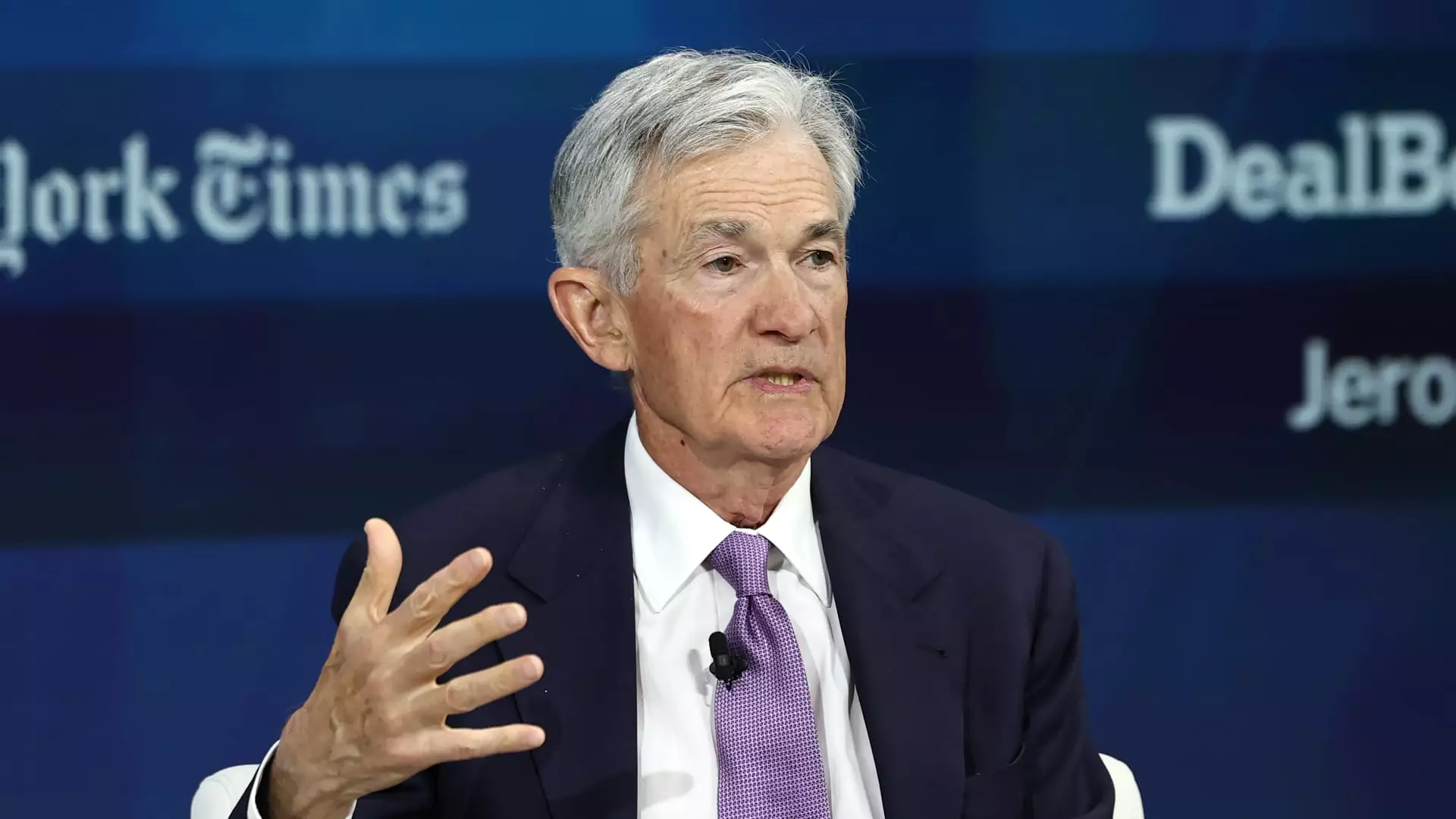The Federal Reserve, often deemed the backbone of the American economy, plays an essential role in managing monetary policy, influencing interest rates, and ensuring financial stability. However, the integrity of this institution faces challenges when political figures attempt to influence its decisions. Recent comments from Chair Jerome Powell shed light on the resilience and independence of the Fed amidst an often-political landscape.
In a recent appearance, Jerome Powell conveyed confidence that President-elect Donald Trump would not overly politicize the Federal Reserve. This sentiment is notable given past indications that Trump might attempt to influence monetary policy through various means, including potential legislative changes or appointing figures who could undermine Powell’s authority. Nevertheless, Powell emphasized that robust protections established by Congress guard the Fed against such political machinations. He stated, “What does independent mean? It means we can make our decisions without them being reversed,” reinforcing the idea that the Fed must operate free from political pressures to effectively fulfill its mandate.
His assertion aligns with a long-held understanding that the Fed’s independence is vital for the economic well-being of all Americans, not just a select political faction. Powell reiterated that the aim is not just to achieve certain political outcomes but to maintain maximum employment and price stability.
As speculation mounts regarding the Fed’s interest rate trajectory, Powell remains somewhat ambiguous about immediate plans. He recognized that the U.S. economy is currently in a strong position compared to other global economies, thereby granting the Fed a rare opportunity for a cautious approach. With the next interest rate decision looming, markets anticipate a potential rate cut, indicating a careful balance between responding to economic indicators and maintaining strategic independence.
The Federal Reserve’s ability to act thoughtfully amid changing economic conditions is critical. Market expectations of rate cuts in the near future reflect a broader sense of prudence, with the Fed recognized as a key player in steering economic policy while remaining shielded from partisan influence.
Examining historical interactions between the presidency and the Federal Reserve reveals a pattern of tension regarding the central bank’s independence. Although presidents have historically sought to exert influence over the Fed’s policy decisions, few have been as public or vocal as Trump regarding his criticisms of the Bank and its leadership. This puts Powell’s reassurances about bipartisan support for maintaining distance between Congress and the Fed under scrutiny.
During Trump’s initial term, his critiques of the Fed and Powell, whom he appointed, raised questions about the balance of power between the presidency and central banking. The precarious nature of this relationship often leads to a public dialogue on how monetary policy should be administered without succumbing to political influence.
Despite the obstacles presented by fluctuating political dynamics, Powell suggests there is substantial bipartisan agreement on the necessity of preserving the Fed’s independence. He points out that a commitment to keep the central bank free from political manipulation is crucial for both parties as they navigate the complexities of economic policymaking. This bipartisan consensus is essential for fostering an environment where economic decisions can be made based on data rather than political agendas.
Powell’s comments indicate a strong belief in the institutional safeguards that exist to protect the Fed from undue political pressure, reinforcing the idea that such independence is not just desirable, but essential for effective governance.
The discussions surrounding the Fed’s independence highlight a critical aspect of central banking in modern economies. Jerome Powell’s reassurances may alleviate some concerns regarding political influence, yet the challenges remain. As political landscapes shift and future administrations take charge, the importance of safeguarding the independence of the Federal Reserve remains paramount. It is crucial for the Fed to stay focused on its primary objectives, ensuring that it can effectively manage the economy for all Americans, free from the pressures of political partisanship. Sustainable economic health relies on a central bank that can act decisively and independently, regardless of the political climate.

